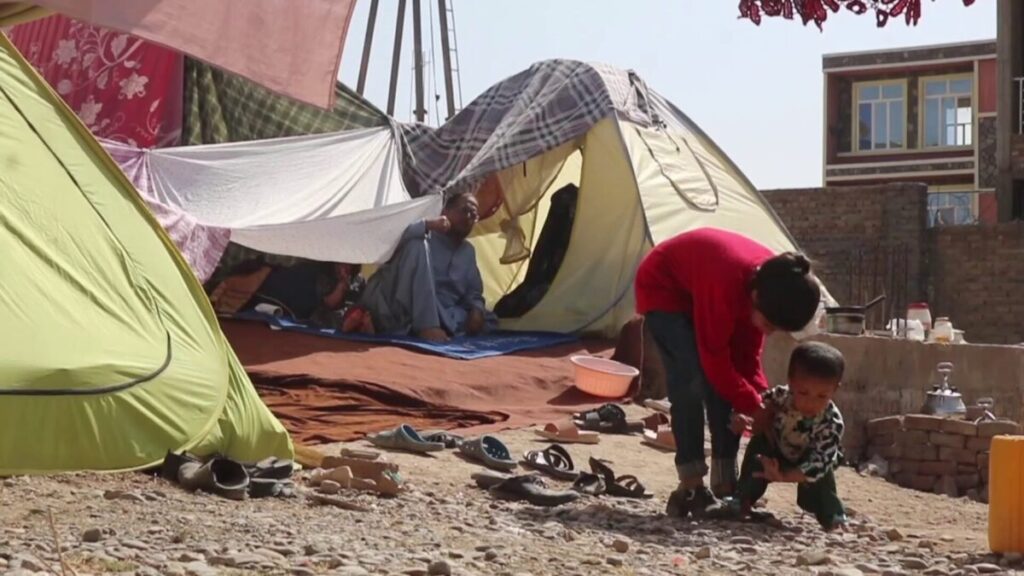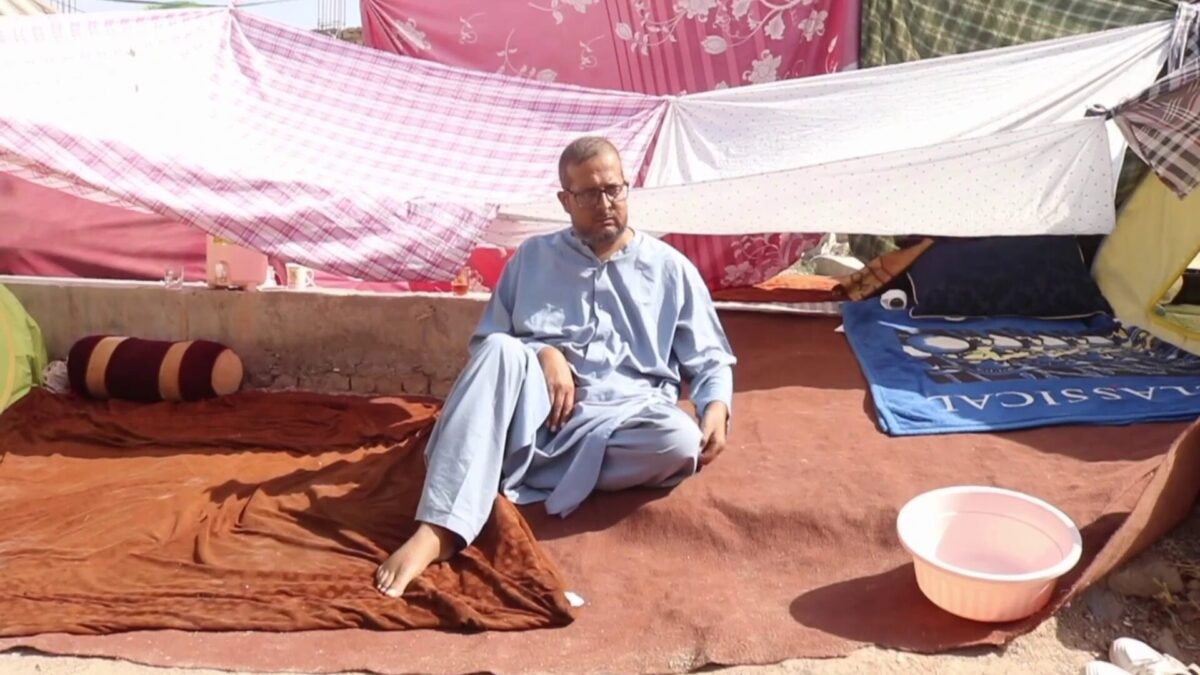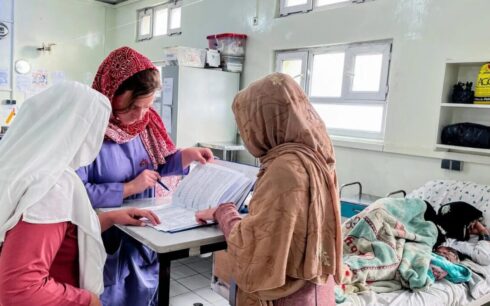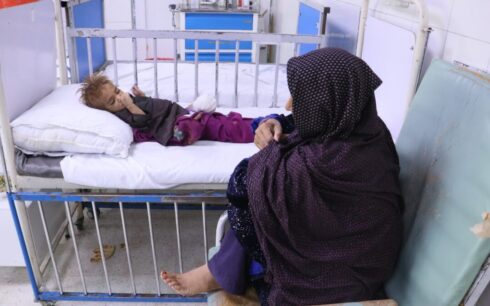In the Afghan city of Herat, Abdul Tawab’s tale of despair unfolds in a makeshift tent, far from the home he once owned. Driven by poverty, Tawab sold one of his kidneys, only to be ensnared in a relentless cycle of illness and desperation. His second kidney failing, he ventured to Iran to purchase a replacement — an effort that proved futile as his body rejected the transplanted organ.
Tawab’s story is not just a personal tragedy but a stark emblem of the broader crises afflicting Afghanistan, where economic collapse and political turmoil have plunged countless lives into chaos. According to the United Nations Development Program, an estimated 85% of the population now lives below the poverty line, a statistic that Tawab and his family embody.
The initial kidney sale, a desperate bid to alleviate his family’s poverty, has left Tawab grappling with debilitating health issues. His journey to Iran, funded by selling his house and other belongings, ended in despair as the newly transplanted kidney also failed.

“I spent nearly 800,000 Afghanis the last time, and this time it might be less as the transplant is being done locally,” Tawab explained, his voice tinged with uncertainty. “But the exact cost and finding a donor remain daunting challenges.”
Now, Tawab, his wife Gulsoom, and their children face a dire situation. Their resources depleted, they cannot afford further treatment, and borrowing more money is not an option. “We have no one left to turn to for financial help,” Gulsoom shared, her voice heavy with resignation.
Tawab’s predicament is a harrowing illustration of the dire consequences of poverty in Afghanistan, where unemployment and economic hardship continue to cast long shadows over the lives of its citizens.





